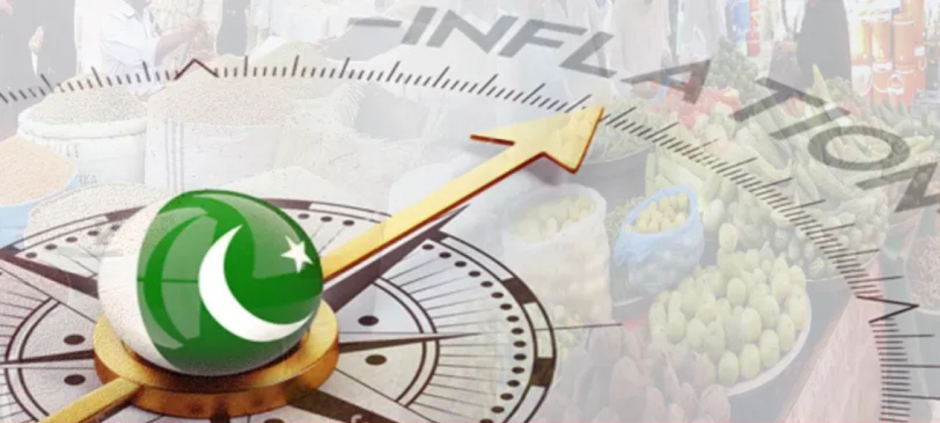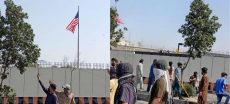The Asian Development Bank (ADB) has projected a decline in Pakistan’s inflation for the current fiscal year. This is mainly due to falling food and commodity prices, which are expected to ease cost pressures on consumers.
In its latest report on the economies of Asia and the Pacific, the ADB kept its inflation forecast for Pakistan at 5.8% for the 2025–26 fiscal year. It also estimated Pakistan’s economic growth at 3% during the same period.
According to the ADB, the drop in prices of essential items will provide short-term relief. However, the country still faces long-standing economic issues that require structural reforms. These include fiscal discipline, export growth, and improved financial management.
At the regional level, the report raised concerns about global trade tensions. The ADB warned that new tariffs from the United States could slow down export growth across Asia. The report noted that such trade actions may create uncertainty in the global economy.
Despite these risks, South Asia is expected to grow at a healthy rate. The ADB projected South Asia’s economic growth at 6.2% in 2026. Inflation in the region is also expected to ease to 4.5%, assuming food and energy prices remain stable.
For Pakistan, the path to stability depends on strong policy action. The ADB stressed the need to support export-oriented industries. It also pointed out the importance of securing long-term financing and strengthening the local currency.
The report was released as Pakistan continues talks with the International Monetary Fund (IMF) for a new support program. The country is also dealing with a weak rupee and rising debt repayments.
The ADB outlook offers cautious optimism. While inflation may ease, lasting recovery will require consistent reforms and global economic cooperation.
Also Read: ADB approves $100m for vocational training











